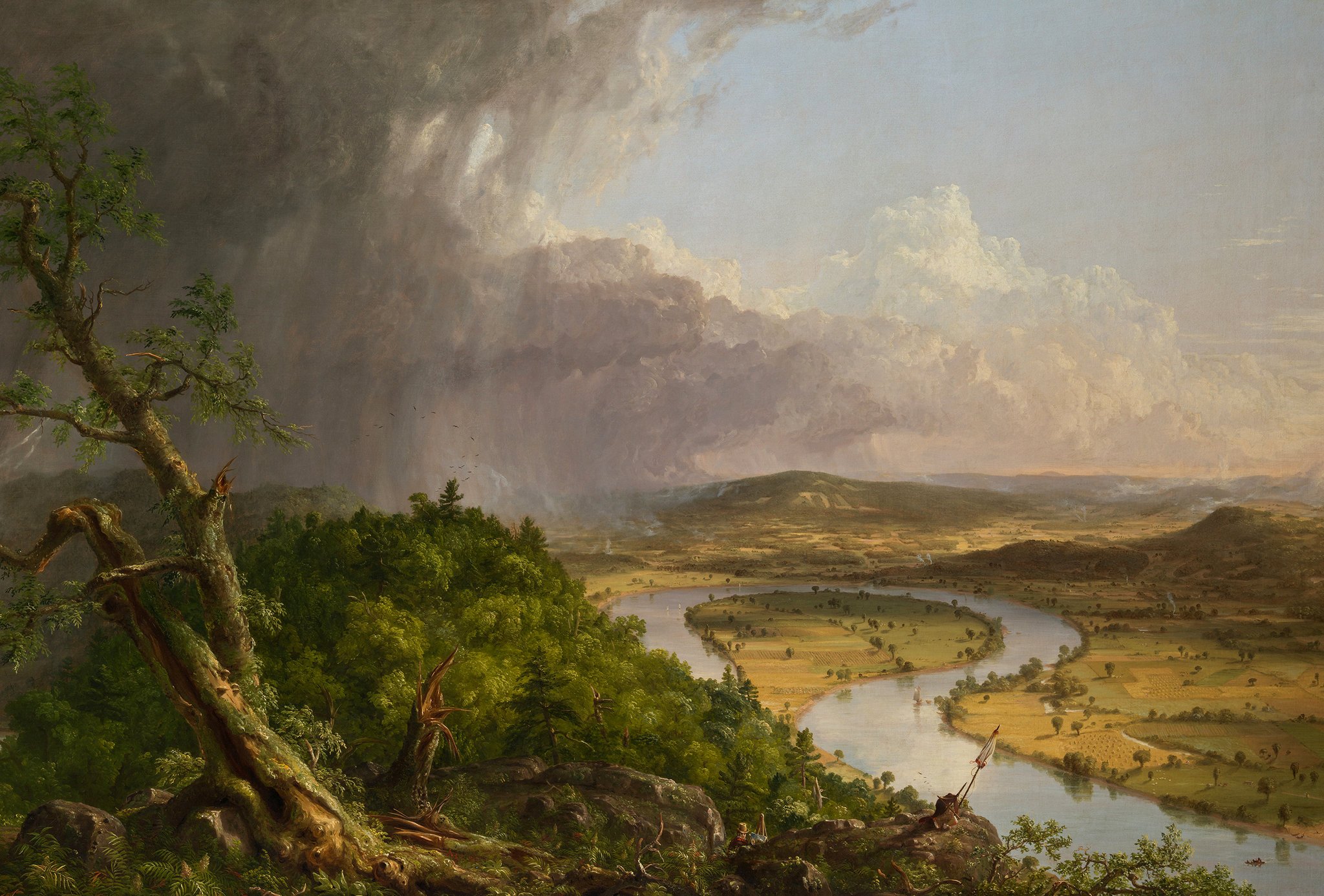
Hey, y’all!
Bama Baroque is an exciting new early music ensemble based in Tuscaloosa, Alabama, founded in 2024 by Baroque violinist Lindsey Tootle and harpsichordist Dr. Michael Delfin. Bama Baroque is a registered 501(c)(3) nonprofit organization (EIN: 33-3044870), and is one of only a few professional historical performance ensembles to exist in Alabama’s history.
Aiming to engage with Alabama audiences in a way that feels both inspiring and familiar, Bama Baroque’s focus is not only on the spirited music of the Baroque era, but also the diverse folk and popular music of the same time, especially in North America: ancient European ballads, stirring sacred music and spirituals, lively traditional dance music, and much more.
The founding of Bama Baroque was serendipitous, to say the least. Growing up in Huntsville, co-founder Lindsey often wished for more opportunities to hear her favorite music - early music - on period instruments. For years, Lindsey had considered establishing an early music ensemble in Alabama. More recently, however, a busy life several hours away in Cincinnati kept her from fully committing to her vision. In 2024, circumstances changed quickly. Suddenly - and completely by chance - Lindsey's Cincinnati colleague, co-founder Michael, relocated from Cincinnati to Tuscaloosa, Alabama. Lindsey had attended school there at the University of Alabama, and Tuscaloosa was her top location for founding a group! Together, with years of friendship and experience aligning their goals and vision, Michael and Lindsey immediately capitalized on this remarkable coincidence and officially founded Bama Baroque.
At its core, Bama Baroque seeks to provide the citizens of Alabama more opportunities to experience early music, exploring both the classical and folk traditions. By doing so, Bama Baroque hopes to greatly enrich and nourish the musical and cultural landscape of Alabama.
Meet the Founders


